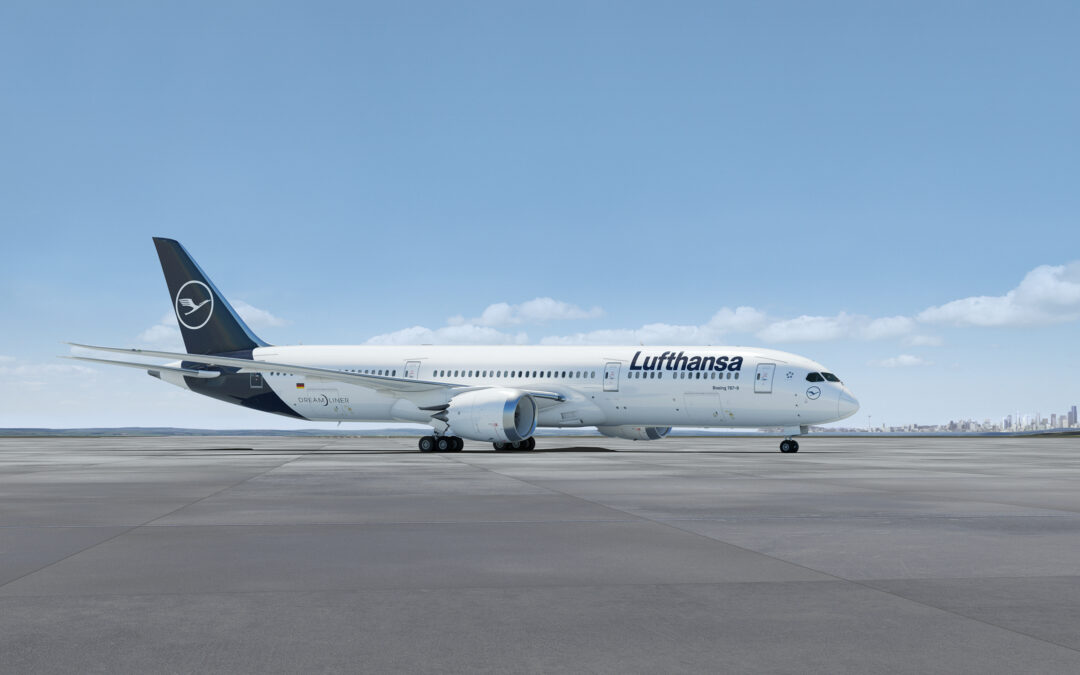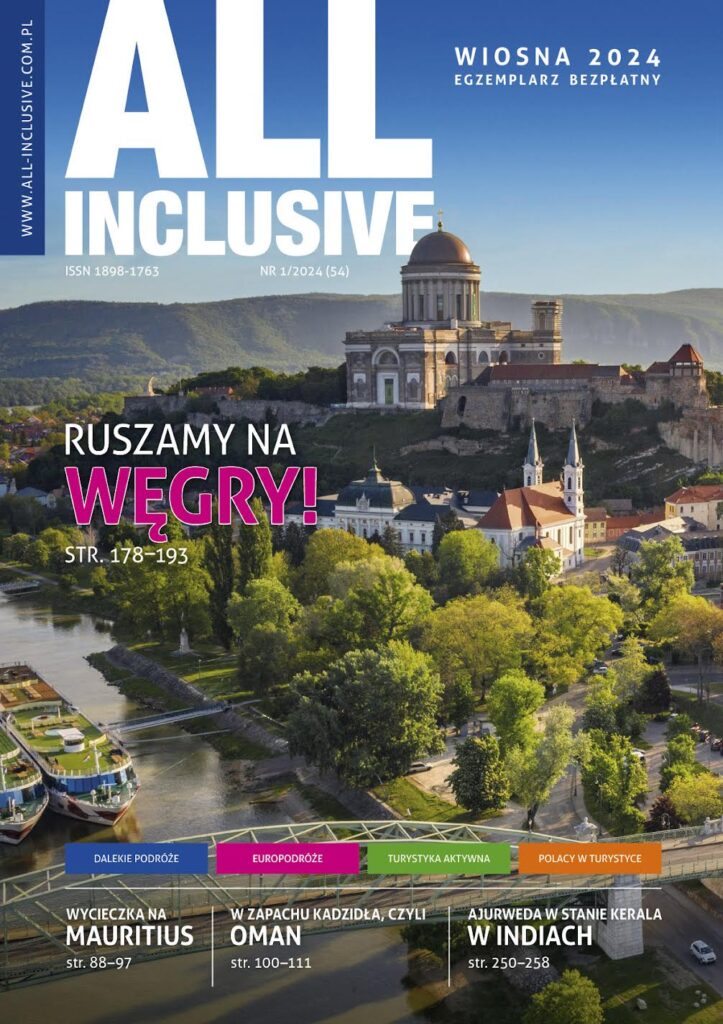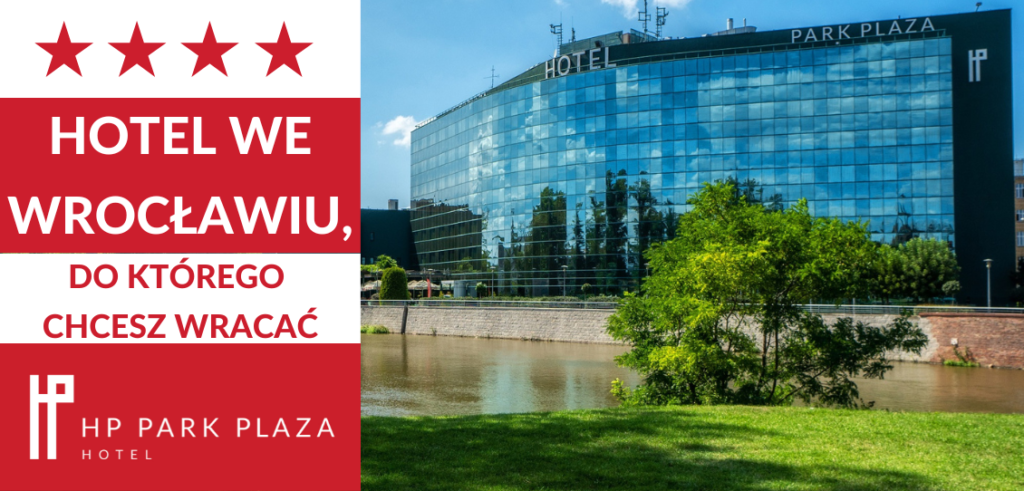- Purchase of five Airbus A350-900s and five Boeing 787-9 aircraft
- Aircraft contribute strongly to enhancing sustainability by reducing fuel consumption and carbon emissions by 30 percent
- Lufthansa Group fleet: less aircraft model variety, more efficiency
- Savings though lower operating cost
Lufthansa Group is accelerating the modernization of its fleet. New, highly cost and fuel-efficient aircraft are replacing older types on short, medium and long-haul routes. As a result, the Executive Board of Deutsche Lufthansa AG decided to buy ten long-haul aircraft: five Airbus A350-900s and five Boeing B787-9. The Supervisory Board approved the purchase today. These aircraft will be operated by Lufthansa Airline and strengthen the 5-star premium offer of the Group’s core brand.
As part of the long-standing fleet renewal program, a total of 175 new aircraft will be delivered to Lufthansa Group airlines this decade.
Carsten Spohr, Chairman of the Executive Board and CEO of Deutsche Lufthansa AG, said:
„Even in these challenging times, we are continuing to invest in a more modern, more efficient and a lower emission Lufthansa Group fleet. At the same time, we are pushing ahead with the modernization of our long-haul fleet even faster than planned prior to the coronavirus pandemic due to anticyclical opportunities. The new aircraft are the most modern of their kind. We want to further expand our global leadership role, among other things, with cutting-edge premium products and a state-of-the-art fleet – especially because we have a responsibility to the environment.”
Boeing 787-9
The first Boeing 787-9 are scheduled to fly for Lufthansa as early as next winter, with others to follow in the first half of 2022. Today’s decision brings the total number of firm orders for Boeing 787-9s and Boeing 777-9s to 45 aircraft.
Due to the dramatic impact of the coronavirus pandemic on global aviation, aircraft that had been ordered by some airlines could not be delivered in the past twelve months. Lufthansa held talks with Boeing and found a way to buy five 787-9 that were already manufactured. At the same time, the Group reached an agreement with Boeing on a restructured delivery plan.
Airbus A350-900
The five newly ordered Airbus A350-900s will be delivered in 2027 and 2028. This brings the total number of firm orders for the A350-900 to 45 aircraft. The Lufthansa Group also agreed with Airbus on a restructuring of planned deliveries.
In addition to renewing its long-haul fleet, Lufthansa is also focusing on the latest technology, maximum efficiency and the highest level of customer comfort on short-haul routes. In the current year alone, Lufthansa will take delivery of a new, fuel-efficient Airbus A320 family aircraft for short- and medium-haul routes on average every month. Delivery of a further 107 Airbus A320 Family aircraft is planned until 2027.
With the Airbus A350-900, the Boeing 777-9 and the Boeing 787-9, the Luft-hansa Group will operate the most fuel-efficient long-haul aircraft in terms of kerosene consumption per passenger and 100 kilometers flown. On average, the new aircraft will only consume approximately 2.5 liters of kerosene per passenger and 100 kilometers flown. This is about 30 percent less than many current as well as previously operated long-haul aircraft models and will have an equally positive impact on the Group’s carbon footprint.
The investment in new aircraft is in line with the framework agreement between the Economic Stabilization Fund of the Federal Republic of Germany (WSF) and Deutsche Lufthansa AG. The investments are also in line with the Group’s policy of limiting annual capital expenditures to the level of depreciation and amortization and strictly focusing on increasing company value
Current plans call for an initial fleet reduction, while at the same time extensively modernizing it in the future. The Boeing 787-9 and Airbus A350-900 will essentially replace the four-engine A340 long-haul aircraft as part of this process. Plans call for reducing the number of four-engine aircraft in the Lufthansa Group long-haul fleet to less than 15 percent by the middle of this decade; before the crisis, the share was around 50 percent. The aircraft purchases are accelerating the reduction of fleet complexity for more efficiency. The new, fuel-efficient aircraft will reduce operating costs by around 15 percent compared with the models they replace.
Nature as a role model: Lufthansa Group and BASF roll out sharkskin technology
· From 2022, Lufthansa Cargo will equip all Boeing 777 freighters with AeroSHARK
· Innovative surface technology from Lufthansa Technik and BASF improves fuel efficiency and helps airlines to reach sustainability targets
The lower the frictional resistance of an aircraft in the air, the lower the fuel consumption. Using nature as a role model, the aviation industry has been intensively researching ways to reduce aerodynamic drag for many years. Now Lufthansa Technik and BASF have succeeded in making the breakthrough as part of a joint project. AeroSHARK, a surface film that mimics the fine structure of a shark’s skin, is to be rolled out on Lufthansa Cargo’s entire freighter fleet from the beginning of 2022, making the aircraft more economical and reducing emissions.
The surface structure consisting of riblets measuring around 50 micrometers imitates the properties of sharkskin and therefore optimizes the aerodynamics on flow-related parts of the aircraft. This means that less fuel is needed overall. For Lufthansa Cargo’s Boeing 777F freighters, Lufthansa Technik estimates a drag reduction of more than one percent. For the entire fleet of ten aircraft, this translates to annual savings of around 3,700 tons of kerosene and just under 11,700 tons of CO2 emissions, which is the equivalent of 48 individual freight flights from Frankfurt to Shanghai.
“Responsibility for the environment and society is a key strategic topic for us,” says Christina Foerster, Member of the Executive Board of Deutsche Lufthansa AG with responsibility for sustainability. “We have always played a leading role in introducing environmentally friendly technologies. The new sharkskin technology for aircraft shows what strong and highly innovative partners can achieve collectively for the environment. This will help us to achieve our goal of climate neutrality by 2050.”
“The aviation industry is facing similar challenges to the chemical industry: ongoing progress must be made with climate protection despite high energy requirements. By collaborating closely and successfully combining our know-how in surface design and aerodynamics, we have now succeeded in taking a major step forward. This is an excellent example of sustainability in practice, achieved through partnership-based collaboration and innovative technologies,” says Dr. Markus Kamieth, Member of the Board of Executive Directors of BASF.
“We are proud that we will now be able to operate our entire freighter fleet even more efficiently in the future thanks to sharkskin technology and reduce the carbon footprint of our modern fleet further. The investments we have made in rolling out AeroSHARK at Lufthansa Cargo consciously reaffirm our commitment to the United Nation’s sustainable development goal on climate action,” explains
Dorothea von Boxberg, Chief Executive Officer of Lufthansa Cargo AG.
In its cooperation with BASF, Lufthansa Technik is responsible for the material specification, approval by the aviation authorities and performance of aircraft modifications carried out as part of regular maintenance layovers. Backed by decades of experience as an approved aviation design organization, the company will obtain a Supplemental Type Certificate (STC) for the 777F from the European Union Aviation Safety Agency (EASA), which is required for operation.
“We have always used our wealth of expertise as a global market leader in technical aircraft services to also contribute to reducing the ecological footprint of our industry. In doing so, we can leverage significant savings potential from all aircraft generations,” explains Dr. Johannes Bussmann, Chief Executive Officer of Lufthansa Technik AG. “I am therefore very proud that we will soon be able to transfer the positive findings of the validation phase into the series application with Lufthansa Cargo. The extremely constructive collaboration with BASF is also the best example of cross-sector cooperation in the interest of the sustainability of the aviation industry.”
The Coatings division of BASF is developing innovative, functional films in its Beyond Paint Solutions unit – such as the riblet surfaces, for example. A solution was implemented together with Lufthansa Technik which fulfills the strict requirements of the aviation industry. Exterior surfaces used in aviation are exposed to factors such as strong UV radiation as well as temperature and pressure fluctuations at high altitudes, among others. BASF has therefore focused its development on achieving extreme durability and weather resistance. The key criteria for use in aviation operation include simple application and handling as well as ease-of-repair, for which a custom concept has been developed.
“As an expert in surfaces, we implement bespoke solutions for our customers. The innovative sharkskin technology allows us to support Lufthansa in achieving its sustainability goals and in making the aviation industry a little more environmentally friendly,” says Dirk Bremm, head of BASF’s Coatings division and also responsible for functional films in this role.




